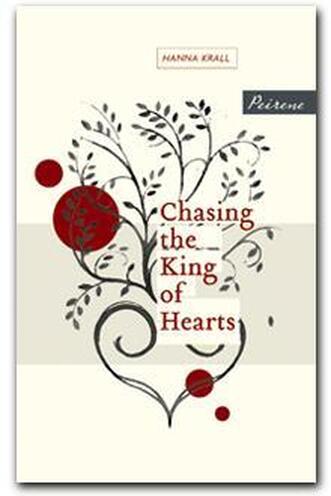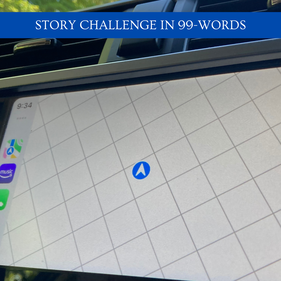| When word reaches the Warsaw ghetto of the terrible consequences Nazis have in mind for Jews, Izolda feels a great responsibility to save her family. And if she can’t protect her parents and in-laws, she is determined that she and her husband will live. Changing her name, her hair, her religion, she sets about finding hiding places, travelling in and out of the ghetto via the sewers. She faces rape, imprisonment, forced labour, torture and a spell in a concentration camp, surviving on her wits and her love. But is that enough and is it worth it? As an old woman with no language in common with her Israeli granddaughters, she’s not sure. |
Although I’ve read a good deal of fiction about the Holocaust – The Memory Monster being the most recent – I don’t think I’ve previously read a novel that focuses on the experience of Polish Jews. I was surprised to learn that, unlike the Jews of Vienna with whom Izolda her travels to Auschwitz, the inhabitants of the Warsaw ghetto were aware of their fate, some committing suicide to avoid it.
| I have no idea what this image represents but the prompt for the 99-word story is somewhere remote. I’m still feeling quite remote from my identity as healthy but I won’t bore you with that this week. I imagine the concentration camps were quite remote, both geographically and conceptually. Can I create a story around that? Mmm, looks like I went for something more contemporary: |
It took patience, imagination and dogged determination, but we achieved our objective by playing on your fears. We showed you oversubscribed schools and overloaded hospitals: you could see they’d collapse if we took in more of them. Of course we felt for the families in the crowded dinghies but we didn’t make them cast their fortunes to the waves. If it weren’t for the traffickers they’d never leave their homes. Problems need solutions, that’s why we were elected: Rwanda’s climate and culture are closer to their own. How can it be racist when our skin’s as black as theirs?























 RSS Feed
RSS Feed





















